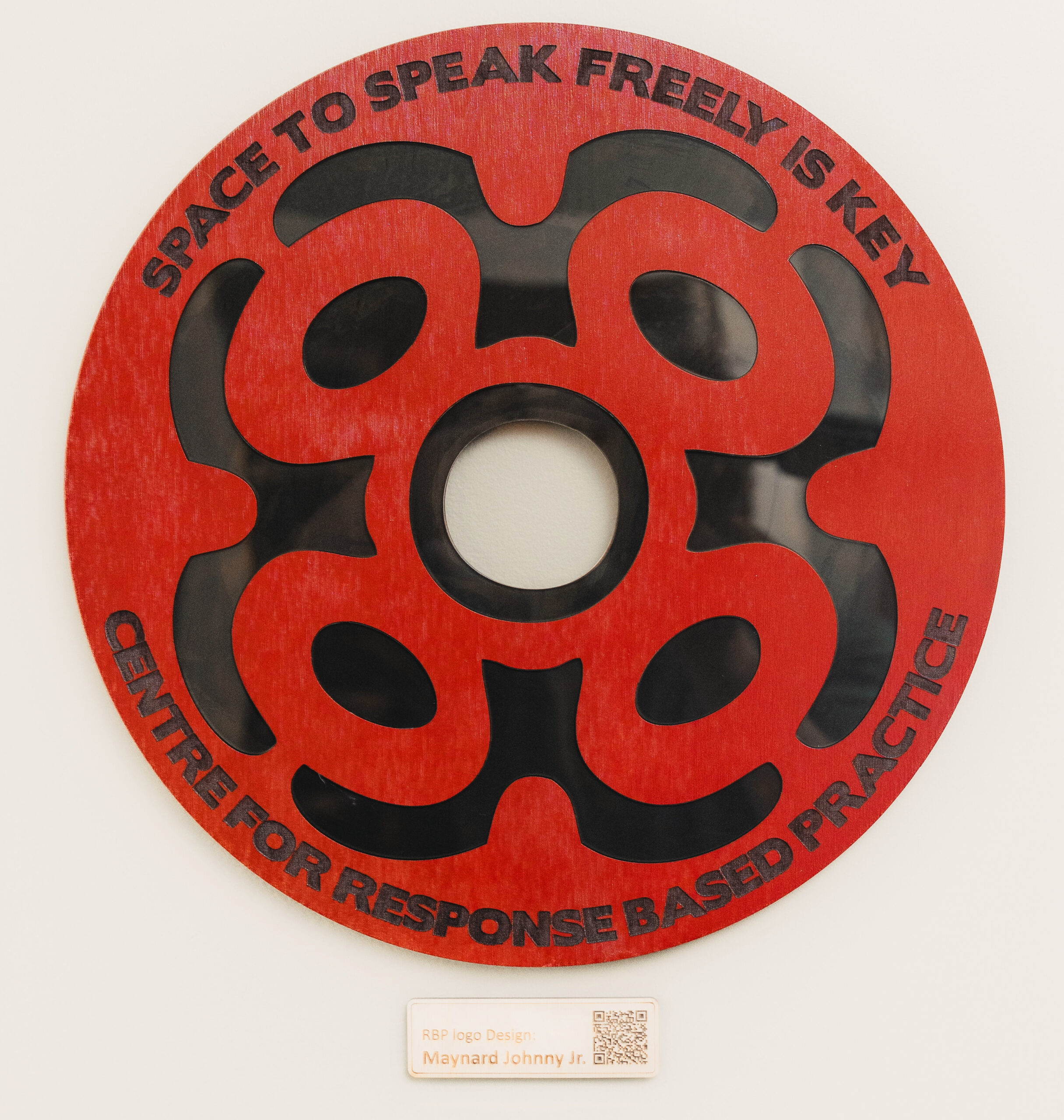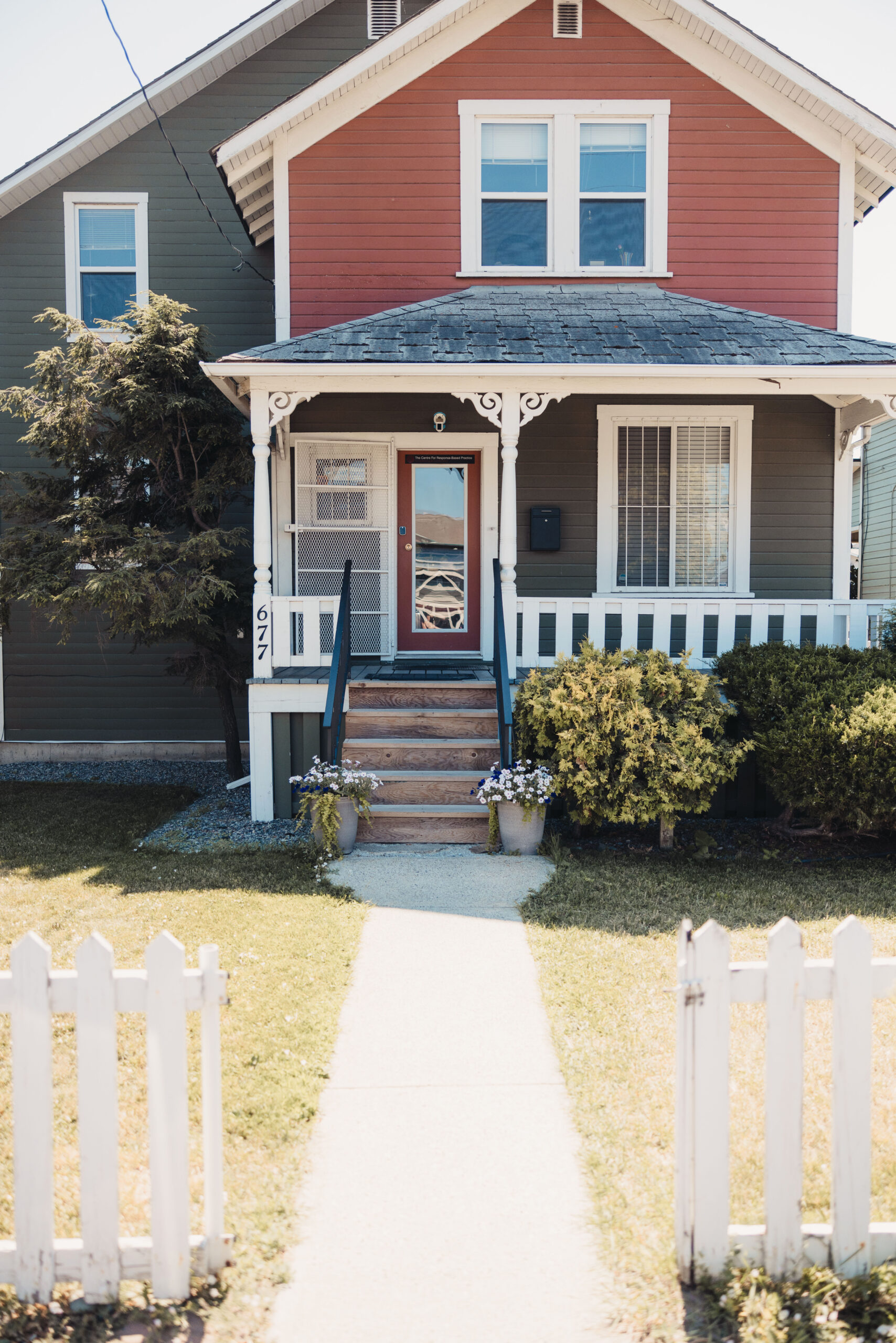We take children’s responses to violence and adversity seriously. As professionals committed to being helpful in the most troubling circumstances, we take our own responses just as seriously.
Participants in this course will:
- Engage in content on the topic of working for children, youth and families who have experienced violence. Many professionals report that violence (broadly defined) is the single biggest issue of concern in their work.
- Expand the range of helpful responses to children who have experienced the harm of violence and other forms of adversity.
- Increase practice confidence through the relationships formed with children, their families and the outcomes achieved.
- Continue to reflect upon the various responses to disclosures from children. This includes making meaning of what they say, their choice of language, to whom they disclose, and what they choose to tell.
- Explore and enhance dignity-informed practice across contexts, and how to implement these ideas in practice, policies and procedures that serve children and families.
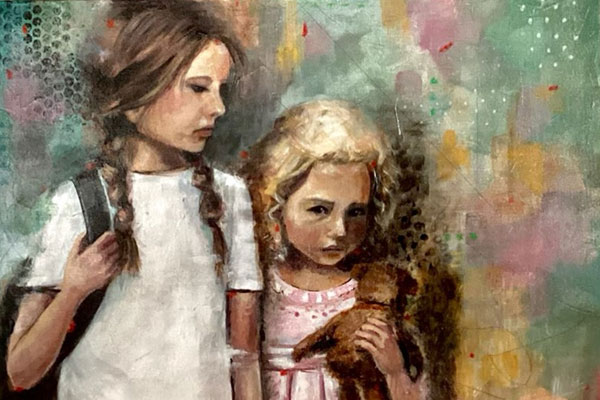
It’s been our goal to deliver a course, entirely online, that is:
- Child & youth-informed
- Violence-informed
- Dignity-driven
The outcome is this specialized course, relevant to all professionals who work with children, youth and their families on the topic of violence (broadly defined) and other forms of adversity.
“They say I have an attachment disorder. Really, I have a life disorder. I attach accordingly.”
-SarahNational Youth in Care Network
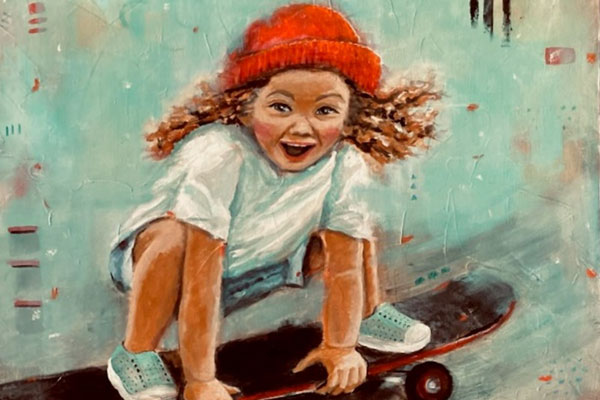
Introducing “Taking Children’s Resistance Seriously”
A response-based approach to working for children.
Presenting a variety of ideas for working with children, and a Response-Based Practice (dignity-driven) framework from the Centre for Response-Based Practice professionals and the views of young people. This is a 6-hour, self-paced course about working with children, which includes:
- Engaging in dignified relationships with children, youth & their families.
- Recognizing resistance to violence as active, prudent, spirited, and understandable ways that children preserve their own and others’ dignity, and act to increase safety.
- The connection between a positive social response and the well-being of children.
“Taking Children’s Resistance Seriously” is the first online course of its kind
There are many online courses available on the topic of working with children; however, this is the first ‘Response-Based Practice’ online course. Over time, and through many collaborations, we have developed a framework that guides our practice and upholds human dignity.
Here is what makes it unique:
- Response-Based Practice is a specialized response to interpersonal violence. From the outset we worked inductively, “from the ground up”, with a primary focus on the realities reported to us by service users, including children.
We understand that:
- Adults and children invariably respond to violence overtly or covertly, depending on the dangers and opportunities present in specific situations.
We have spent our careers working for children, conducting original research, and providing training for professionals, organizations and communities. Our framework has been informed by learning about what children do when they are living in fear and danger. These ideas continue to evolve with ongoing collaboration in a changing world.
We are committed to recognizing the ever-present capacitities of children and protecting their important relationships, such as to family, friends, community, pets, and the natural world.
This 6-hour course presents a key shift in practice. We understand that professionals around the world seek alternative ways to engage and connect with young people. We have designed an accessible course that will help with that goal.
As a result, the positive social responses to children’s behaviour, emotions and disclosures is the responsibility of professionals, institutions and communities, and can become increasingly helpful and predictable. Ultimately, the quality of social responses is a better predictor of how children will fare post violence, even moreso than the violence itself. The teachings and resources that you gain from this course will be yours forever, and can be integrated immediately into practice. You will receive a downloadable workbook and PDF copies of articles that present relevant theories and practical ideas ideas about working with children and their families.
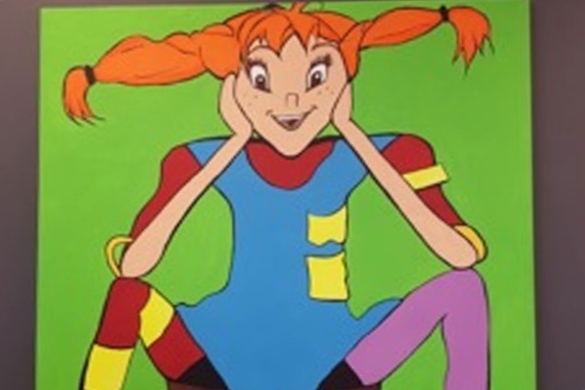
“When you are powerful, it is important to be kind”
– Pippi Longstocking
We have found that when young people begin to acknowledge their own history of responses to (and resistance against) violence, the conversation naturally shifts to their capacities and knowledge rather than focusing on deficiencies.
There is unique freedom in the knowledge that they are active rather than passive, and that their descriptions reveal careful, prudent, protective actions in their attempts to preserve the safety and dignity of themselves, their siblings, and their parents, wherever possible.
What’s Inside?
3 Modules | Resource Library | Interview Demonstration | 1.5 hours of Video
Module 1: The History of Response-Based Practice
Children as Social Actors
Module 2: Description of children’s responses to, and resistance against, violence
The opposite of violence is dignity
Module 3: Providing positive social responses to children
Resource Library
- Each module includes a workbook with reflection questions, exercises, and space for notes
- The Response-Based framework is described in a powerpoint, presented through video, in module 1.
- Module 2 includes a biographical account of a young Indigenous child who experienced violence, with reflection questions in the workbook
- Module 3 includes a live demonstration of a counselling session with a teenage girl.
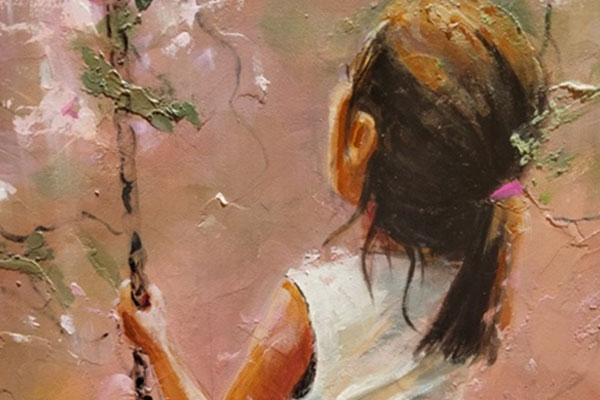
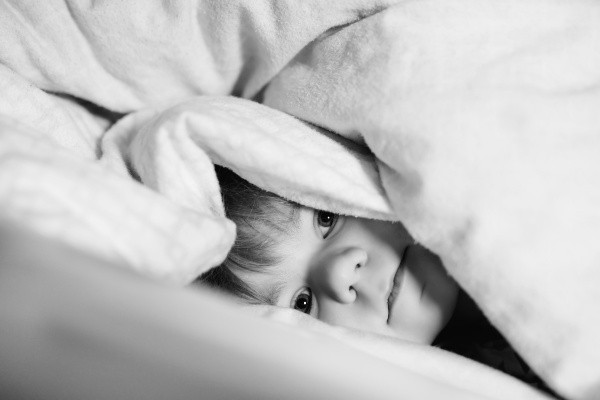
Taking Children’s Resistance Seriously:
A Specialized Course Working for Children and Their Families
Seeking to understand the views and needs of children and youth is everybody’s business. Supporting young people is a community responsibility.
Parents, grandparents, aunts and uncles, teachers, coaches, and other community members have a great deal to contribute. Together, we can create safety.
If it takes a village to raise a child, as the saying goes, it takes a coordinated, safe, and intentional village to respond helpfully to children and youth who have experienced any form of violence, danger, or threat to their wellbeing.
Our Promise to You:
We want to ensure that you are 100% satisfied with your decision to enroll in Taking Children’s Resistance Seriously: A Response-Based Approach to Working for Children.
If you change your mind or find that this course is just not for you, be assured that we have a full refund policy within 2 days of purchase.
About Your Instructors
Dr. Dean, Dr. Richardson & Dr. Wade have been working and learning together for more than 15 years. This is the course we wished for in the early days of our careers. We hope you’ll find it useful in yours.

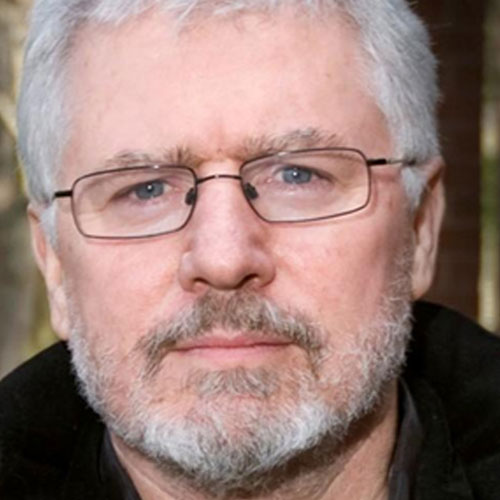
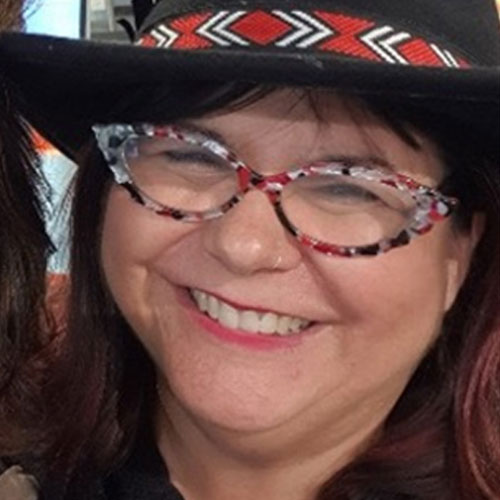
Is This Course For You?
Professionals and community members are influential social responders to children and youth who have experienced violence, harm, and adversity. We take our role as social responders seriously, knowing that the social messages we provide have the power to provide comfort and safety, reassert dignity, and affirm that violence is wrong.
Typically, this course is taken by:
- Counsellors/therapists
- Child protection workers (social workers) & psychologists
- Teachers, school support workers & early child educators
- Shelter workers
- Police officers & victim service workers
- Lawyers & judges
- Foster parents & staffed resource workers
- Policy makers
- Parents & caregivers
- Former children
Our goal, above all else, is to preserve the dignity of children and youth.
Why Now?
Violence is the most significant social issue in the world today. Children around the world are suffering and their views are under-represented.
The research is clear: most people given a mental health diagnosis are victims of violence and abuse (Campbell, 2024, Richardson & Wade, 2008).
Therefore, the time is now to change conversations and practice to be more accurately addressing the social issue of violence, rather than making it into a mental illness.
The Response-Based Practice framework and materials provided are:
- Child and youth-informed
- Violence-informed
- Dignity-driven
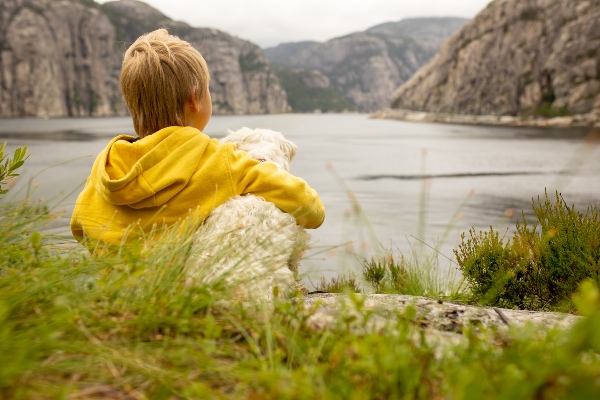
Frequently Asked Questions
What will I specifically learn from this course?
You will enhance your ability:
- To work with the framework of a specialized model for working with children and youth who have experienced violence and other forms of adversity (Response-Based Practice).
- To respond to young victims of violence (broadly defined), using a dignity-driven practice.
- To create positive and secure environments for children through dignified interactions.
- To orchestrate positive social responses, with colleagues and community partners.
- To respond holistically in ways that support the child’s wellbeing emotionally, physically, intellectually and spiritually.
Can I print materials from this course?
This course includes an online workbook, which you can download at the end. There is also an online library with related articles, which you can download into your workbook.
Is there a reduced rate for students and for groups/organizations?
- The regular price is $498 USD.
- There is a group rate of $425 USD if 4 or more individuals register together from the same organization.
- There is a reduced rate of $400 USD for students.
Is this a certificate course?
Yes, there is a ‘Certificate of Completion’ that you can download at the end of this course, that will include your full name and the date.
Examples of Resistance, Social Responses, and Dignity are provided throughout this course
Examples of children resisting violence and other forms of adversity centre on dignity and belonging, and highlight some of the “small” and clandestine ways in which children resist isolation, preserve their own dignity and that of their valued others, and work to protect those others.

